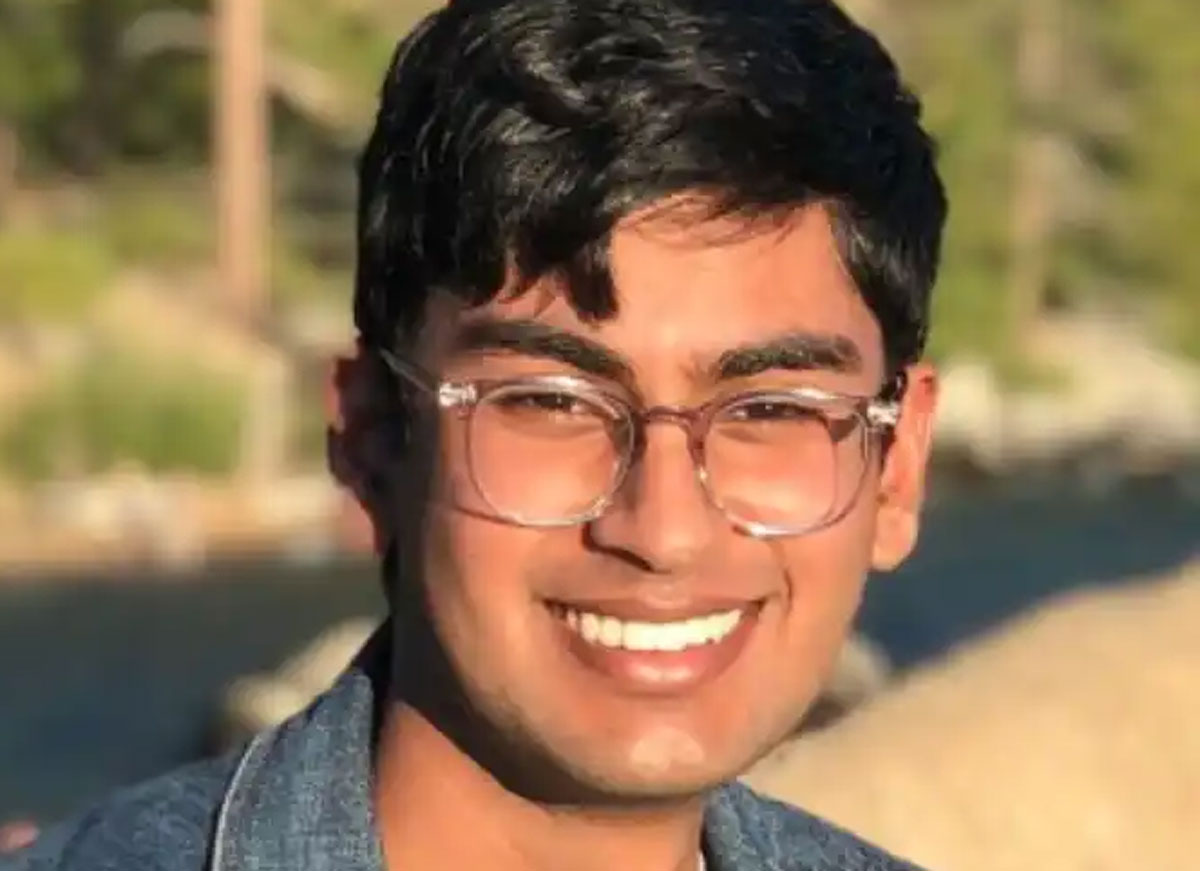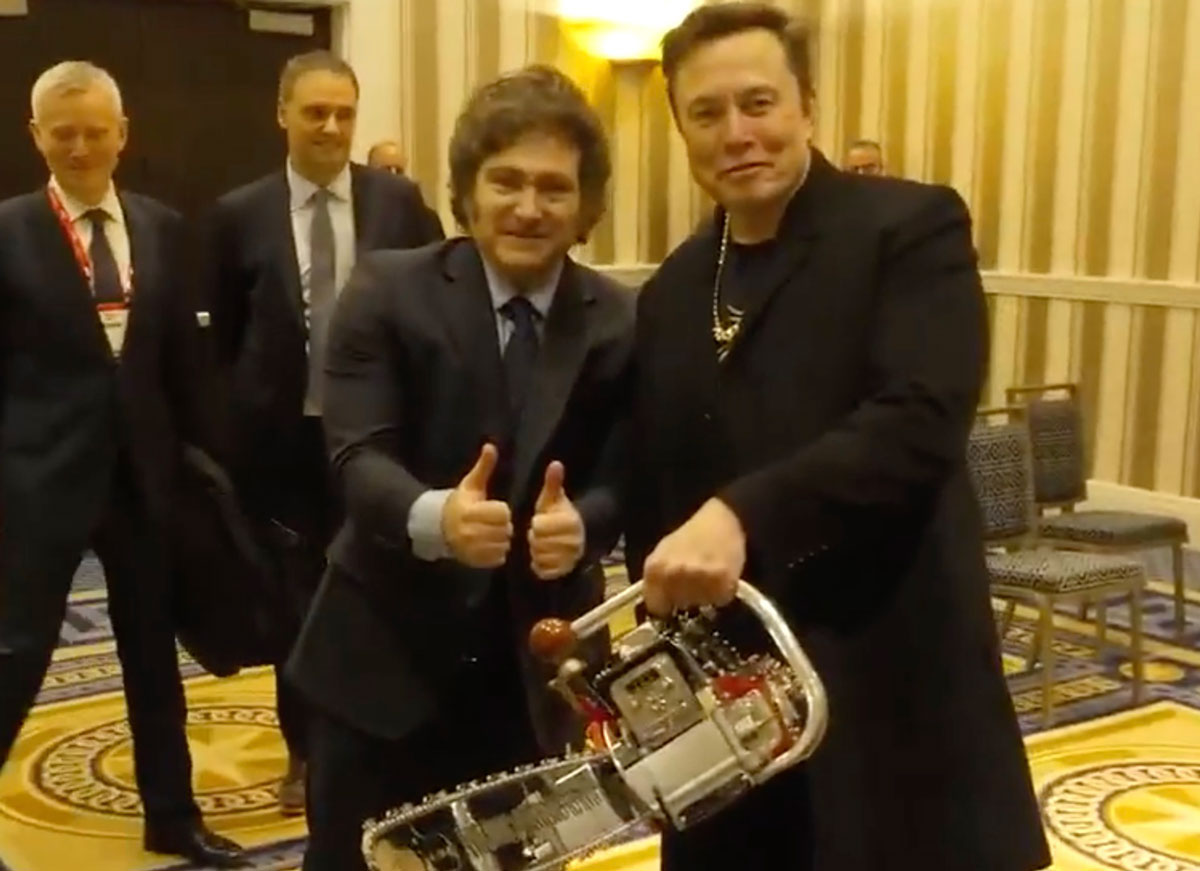OpenAI Whistleblower Suchir Balaji Dies At 26 In Apparent Suicide
Suchir Balaji, a former OpenAI researcher, has died by apprarent suicide at 26 years old. He was found dead in his apartment in San Francisco on Nov. 26.
“The manner of death has been determined to be suicide,” David Serrano Sewell, director of San Francisco’s Office of the Chief Medical Examiner said in a statement.
The San Francisco Police Department confirmed the report, sharing that police officers were called to an apartment on Buchanan Street on Nov. 26 to conduct a wellness check. It was there that they discovered a deceased adult male. The department noted that there is “no evidence of foul play” at this time.
The San Francisco Police Department discovered Balaji’s body while conducting a wellneck check of the aprtment on Buchanan Street. The department added that there is “no evidence of foul play” as of current.
“We are devastated to learn of this incredibly sad news today, and our hearts go out to Suchir’s loved ones during this difficult time,” a spokesperson for OpenAI said in a statement.
Last August, Balaji quit his job as an artificial intelligence researcher at OpenAI, where he spent the last four years. He told The New York Times that he could no longer work for a company that violated copyright laws in developing its AI technology. He also expressed his concern towards ChapGPT—t he company’s main product — saying it harms society.
“If you believe what I believe, you have to just leave the company,” he said.
In his final social media post on X on Oct. 23, Balaji referred to this piece, noting that he reached out to the media himself: “I thought I had an interesting perspective, as someone who’s been working on these systems since before the current generative AI bubble.”
“I recently participated in a NYT story about fair use and generative AI, and why I’m skeptical ‘fair use’ would be a plausible defense for a lot of generative AI products,” he wrote.
“That being said,” he added, “I don’t want this to read as a critique of ChatGPT or OpenAI per se, because fair use and generative AI is a much broader issue than any one product or company. I highly encourage ML researchers to learn more about copywrite.”
OpenAI has been the subject of numerous copyright lawsuits, including one brought by comedian Sarah Silverman last year.
Subscribe to uInterview’s free weekly email for the latest news & exclusive videos!
Let us know what you think of the story in the comments below – join the conversation!
RELATED ARTICLES
Get the most-revealing celebrity conversations with the uInterview podcast!







Leave a comment